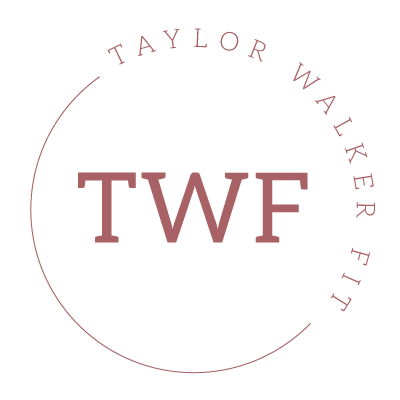Happy Valentines Day my loves! I hope you are told today and every day how much you are loved and appreciated. I saved today’s post about heart health for the one day of the year that is all about…HEARTS! After my father-in-law underwent a triple bypass surgery in January, I decided I want to learn more about the risk factors associated with heart disease as we age. High blood pressure runs in my family and now that I am experiencing slight heart palpitations due to increased blood volume from pregnancy and have a second teeny tiny heart beating inside of me, I wanted to share some cold hard facts with all of you today.
I am so grateful to have Baptist Health South Florida as a resource and their connection to the American Heart Association for all things health and wellness related so when I came across this article on the “Top 5 Heart Disease Myths” I thought it would challenge some of the ideas we thought we knew about heart disease as it relates to gender, age and health consciousness. As stated in this article: “Heart disease knows no agenda,” says Alvaro Gomez, M.D., cardiologist with Miami Cardiac & Vascular Institute. “It affects both men and women. The age can definitely be a surprise to many. We are seeing younger and younger patients. There are always two big factors to consider: smoking and diabetes. Some young people may not even know they have diabetes or other risk factors.”
Here are a few heart disease myths that you may or may not have known:
“Heart disease runs in my family, so there’s nothing I can do to prevent it.”
Quite the contrary. If you know of a family history of heart disease, particularly at a young age, then you can and should do something about it. People with a family history of heart disease are at higher risk and there are steps you can take to dramatically reduce your risk. With the help of healthcare professionals, you can create an action plan to keep your heart healthy exercising regularly, controlling cholesterol; eating healthier; managing blood pressure; maintaining a healthy weight; controlling blood sugar; and not smoking or drinking excessive alcohol.
“I’ll know when I’m having a heart attack because I’ll have chest pain.”
Chest pain is the most recognized heart attack symptom, but it is not the only one. Although it’s common to have chest pain or discomfort, a heart attack may cause subtle symptoms, including shortness of breath, nausea, feeling lightheaded, and pain or discomfort in one or both arms, the jaw, neck or back. Women could certainly experience chest pain, but they should also be on the lookout for less obvious symptoms, such as light-headedness, excessive sweating, nausea, indigestion, and palpitations — sometimes in addition to shortness of breath and back pain. Even if you’re not sure it’s a heart attack, you should call 9-1-1 immediately.
“I’m too young to worry about heart disease.”
The choices a person makes while in their 20s, 30s and 40s have a major impact on his or her risk for cardiovascular disease later in life. As early as childhood and adolescence, plaque can start accumulating in the arteries, which could lead to clogged arteries later in life. That’s why maintaining a healthy weight — through regular exercise and proper nutrition — is so important. One in three Americans has cardiovascular disease, but not all of them are over 60. Even young and middle-aged people can develop heart problems – especially since obesity, type 2 diabetes and other risk factors are becoming more common at a younger age.
The truth of the matter is that there is more to heart disease than we think and today’s health and wellness decisions can determine your future. Start a dialogue with your healthcare professional, eat empowered by taking control of your diet and get moving! Find an exercise regimen you love and decrease your risk for diabetes and heart disease today. For more myths de-bunked by Baptist Health South Florida, make sure to check out the full article here. Happy heart day to all!




